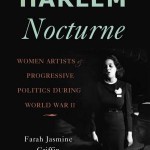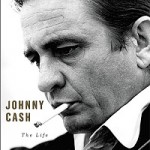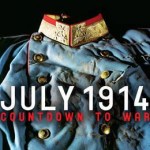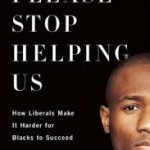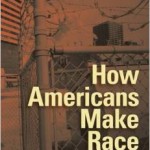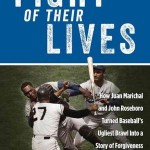
King Lear
Does a man ever get over his father? Born into a Jewish family in New Haven in the summer of 1922, the second child and only boy, Norman Lear developed toward H.K. a reverence that withstood a great deal before souring, which it never did completely. Like Archie, H.K. was a large personality whose faults were proportional to the rest of him.

